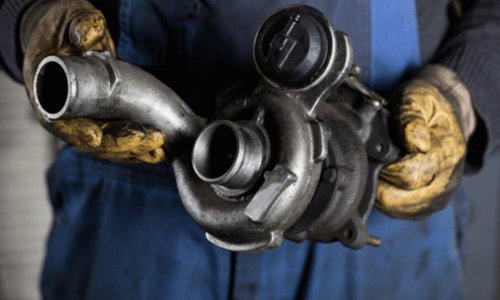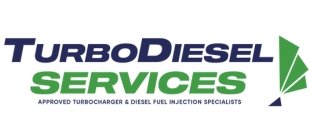Repair or Replace: Making the Right Decision for Your Turbocharger

When it comes to the performance of your vehicle, the turbocharger plays a crucial role in boosting power and enhancing efficiency. However, like any mechanical component, turbochargers can experience wear and tear over time. So, how do you know when it’s time to repair or replace your turbocharger? In this article, we’ll offer some advice to help you make the right decision.
1. Assess the Symptoms
The first step in determining whether to repair or replace your turbocharger is to assess the symptoms. Common signs of turbocharger problems include excessive smoke from the exhaust, loss of power, unusual noises (such as whining or grinding), and increased oil consumption. If you notice any of these symptoms, it’s important to address them promptly.
2. Consider the Age and Mileage
The age and mileage of your vehicle can also influence your decision. If your turbocharger is relatively new and hasn’t been subjected to excessive wear, repairing it may be a cost-effective option. On the other hand, if your vehicle has high mileage and the turbocharger has already been repaired multiple times, it may be more practical to replace it.
3. Evaluate the Cost
Another crucial factor to consider is the cost of repair versus replacement. While repairing a turbocharger can be less expensive upfront, it’s essential to weigh the potential longevity and reliability of the repaired unit. In some cases, a replacement turbocharger may be a better long-term investment, especially if it comes with a warranty.
4. Consult a Professional
When in doubt, it’s always a good idea to consult a professional mechanic who specializes in turbocharger repairs. They have the expertise and experience to properly diagnose the issue and provide you with an accurate assessment. They can also guide you on the best course of action based on your specific situation.
5. Consider the Overall Condition
When deciding whether to repair or replace your turbocharger, it’s important to consider the overall condition of your vehicle. If the rest of the vehicle is in good shape and you plan on keeping it for an extended period, investing in a new turbocharger might be a wise choice. However, if your vehicle is older and experiencing multiple mechanical issues, it may be more practical to opt for a repair.
6. Weigh the Performance Benefits
Lastly, consider the potential performance benefits of repairing or replacing your turbocharger. If your current turbocharger is underperforming or causing a significant loss of power, a replacement may offer improved performance and efficiency. On the other hand, if the repair can restore your turbocharger to its optimal condition, it may be a more cost-effective solution.
In conclusion, deciding whether to repair or replace your turbocharger depends on various factors such as the symptoms, age, mileage, cost, overall condition of your vehicle, and the performance benefits. By assessing these factors and seeking professional advice, you can make an informed decision that ensures your vehicle continues to perform at its best.
Remember, regular maintenance and timely repairs are essential to prolonging the lifespan of your turbocharger. So, if you suspect any issues, don’t delay in getting them addressed. Your turbocharger and your vehicle will thank you!
